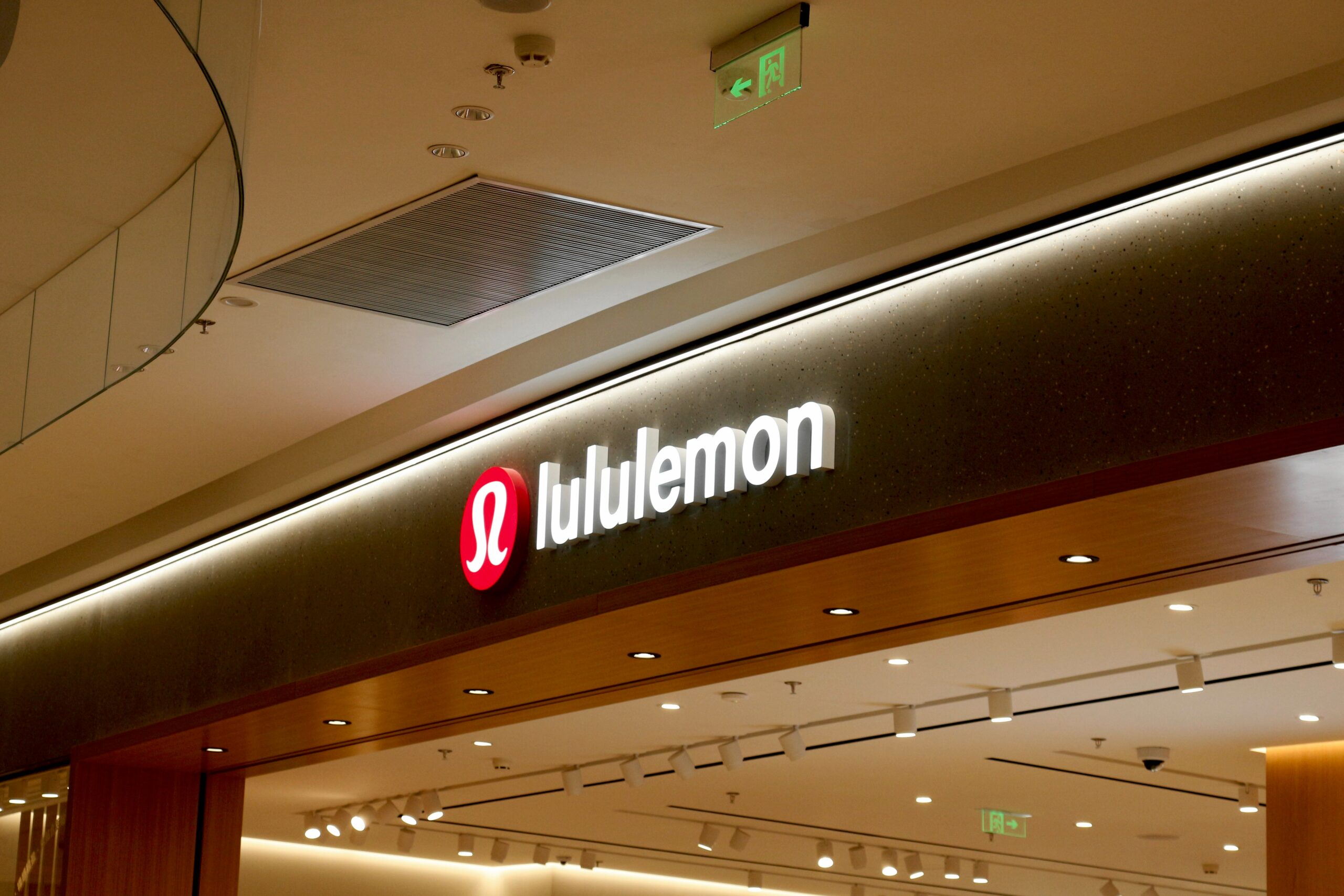Radioactive Shrimp Alert: Kroger and AquaStar Recall Hits 31 States Over Cesium-137 Contamination Fears
By Ethan Brooks |

In a concerning food safety update, AquaStar (USA) Corp has recalled over 85,000 bags of frozen shrimp sold under Kroger and AquaStar brands due to potential contamination with Cesium-137 (Cs-137), a radioactive isotope linked to long-term cancer risks. Announced on September 19, 2025, this recall targets shrimp sold in 31 states, part of an ongoing FDA investigation into Indonesian processor PT. Bahari Makmur Sejati (BMS Foods). No illnesses have been reported, but the potential health risks are serious enough to warrant immediate action. Curious about which products to avoid and how to stay safe? Read on as we unpack the recall, its implications, and steps to protect yourself.
Unpacking the Contamination: Recall Details and Affected Products
The recall, initiated by Seattle-based AquaStar, involves approximately 49,920 bags of Kroger Raw Colossal EZ Peel Shrimp (2 lbs), 18,000 bags of Kroger Mercado Cooked Medium Peeled Tail-Off Shrimp (2 lbs), and 17,264 bags of AquaStar Raw Peeled Tail-on Shrimp Skewers (1.25 lbs). These products, sold between June 12 and September 17, 2025, may have been prepared, packed, or held under unsanitary conditions, potentially leading to Cs-137 contamination. The affected shrimp reached major grocery chains like Kroger, Fred Meyer, Ralphs, and Food 4 Less across states including California, Texas, and Georgia.
- Kroger Raw Colossal EZ Peel Shrimp (2 lbs): Packaged in a transparent bag with a blue band, yellow and red details; UPC 20011110643906, lot codes 10662 5085 10 to 10662 5114 11, best by dates March 26 to April 24, 2027.
- Kroger Mercado Cooked Medium Peeled Tail-Off Shrimp (2 lbs): Clear plastic bag with a white label and green stripes; UPC 011110626196, lot codes 10662 5112 11 and 10662 5113 10, best by October 22-23, 2027.
- AquaStar Raw Peeled Tail-on Shrimp Skewers (1.25 lbs): Printed bag with black top and blue bottom; UPC 731149390010, lot codes 10662 5127 10 to 10662 5135 10, best by November 7-15, 2027.
Consumers are urged to discard these products or return them for a full refund, no receipt required. The FDA notes that no contaminated products have entered commerce, but precautionary recalls are in place due to possible insanitary conditions at BMS Foods. This sets the stage for understanding the health risks and why action is critical.
The Radioactive Risk: Health Concerns and Consumer Precautions
Cs-137 contamination is a serious concern, making this recall a vital public health alert. Here’s what you need to know about the risks and how to protect yourself.
Serious Health Risks: From DNA Damage to Cancer
Cesium-137, a byproduct of nuclear activities, can enter the food chain through contaminated water or environments, often linked to past nuclear testing or accidents. While the FDA confirms no immediate health threat from the detected levels, repeated low-dose exposure through consuming contaminated shrimp over time can damage DNA, increasing cancer risks for organs like the thyroid, liver, and bones. The EPA estimates that chronic Cs-137 exposure could elevate cancer risk by up to 5% above baseline, with children and pregnant women particularly vulnerable due to rapid cell growth. With a 30-year half-life, Cs-137 persists in the body and environment, similar to fallout from incidents like Fukushima, where seafood-related health concerns spiked.
No illnesses are linked to this recall, but the FDA’s “do not consume” advisory emphasizes prevention, especially for frequent seafood consumers.
Essential Precautions: What Consumers Should Do
If you’ve purchased the recalled shrimp, act immediately—discard it securely or return it to the store. Check lot codes and best-by dates on packages, and watch for symptoms like fatigue or nausea, though these are unlikely from low exposure. Wash hands and surfaces after handling the shrimp, and consult a healthcare provider if concerned. To reduce future risks, verify seafood sources—opt for U.S.-sourced products when possible, as global supply chains, like BMS Foods, face scrutiny. Download the FDA Recall Checker app for real-time alerts and stay informed about food safety updates.
Credibility in the Crisis: Why This Recall Matters
The recall’s urgency is grounded in FDA testing and U.S. Customs and Border Protection’s detection of Cs-137 in BMS Foods’ shipments at ports in Los Angeles, Houston, Miami, and Savannah. While no products in commerce tested positive, the FDA identified insanitary conditions at BMS Foods, prompting recalls as a precaution. Cs-137 traces are common from historical nuclear activities, but elevated levels in Indonesian shrimp signal supply chain vulnerabilities. With U.S. seafood imports reaching $30 billion in 2024 (80% foreign-sourced, per NOAA), this incident underscores the need for stricter import screening. The FDA’s proactive measures align with recent food safety responses, like listeria-related recalls, highlighting the importance of traceability.
This recall strengthens calls for enhanced global supply chain oversight, balancing trade with consumer safety.
Stay Safe and Informed
The AquaStar and Kroger shrimp recall underscores the risks of Cs-137 contamination, from DNA damage to elevated cancer risks with repeated exposure. Swift FDA action protects consumers, but vigilance is essential—check your freezer, dispose of affected products, and prioritize safety. Optimism remains: Robust recalls and ongoing investigations signal stronger food safety measures ahead. If you’ve purchased the recalled shrimp, act now—contact AquaStar at 1-800-331-3440 for questions or visit the FDA’s recall page for details.




